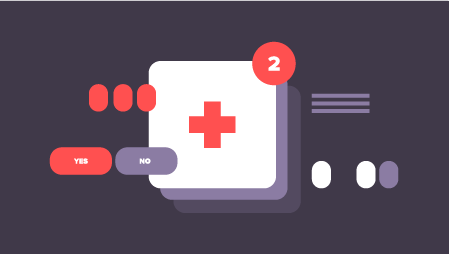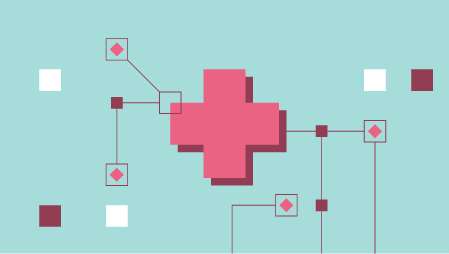Like all opportunities conceived in big data, healthcare analytics too is undergoing a revolution. Pharmaceutical companies have been aggregating years of research and development data, while payors and providers have been busy digitizing their patient records. Moreover, data from clinical trials and information on patients covered under public insurance programs is increasingly available, thanks to the US federal government and other public institutions willing to share their vast repositories of healthcare information. According to McKinsey’s The Big-Data Revolution in US Health Care report, recent technical advances have made it easier to collect and analyze information from multiple sourcesa major benefit in health care, since data for a single patient may come from various payors, hospitals, laboratories, and physician offices. In a related video, McKinsey director Nicolaus Henke discusses how data and analytics are transforming the practice of medicine.
The McKinsey study further shows that big data is not confined to traditional players: Since 2010, more than 200 new businesses have developed innovative health-care applications. About 40 percent of these were aimed at direct health interventions or predictive capabilities. Thats a powerful new frontier for health-data applications, which historically focused more on data management and retrospective data analysis. While there is immense opportunity, there are many challenges ahead. The complete McKinsey report is available here for download.




